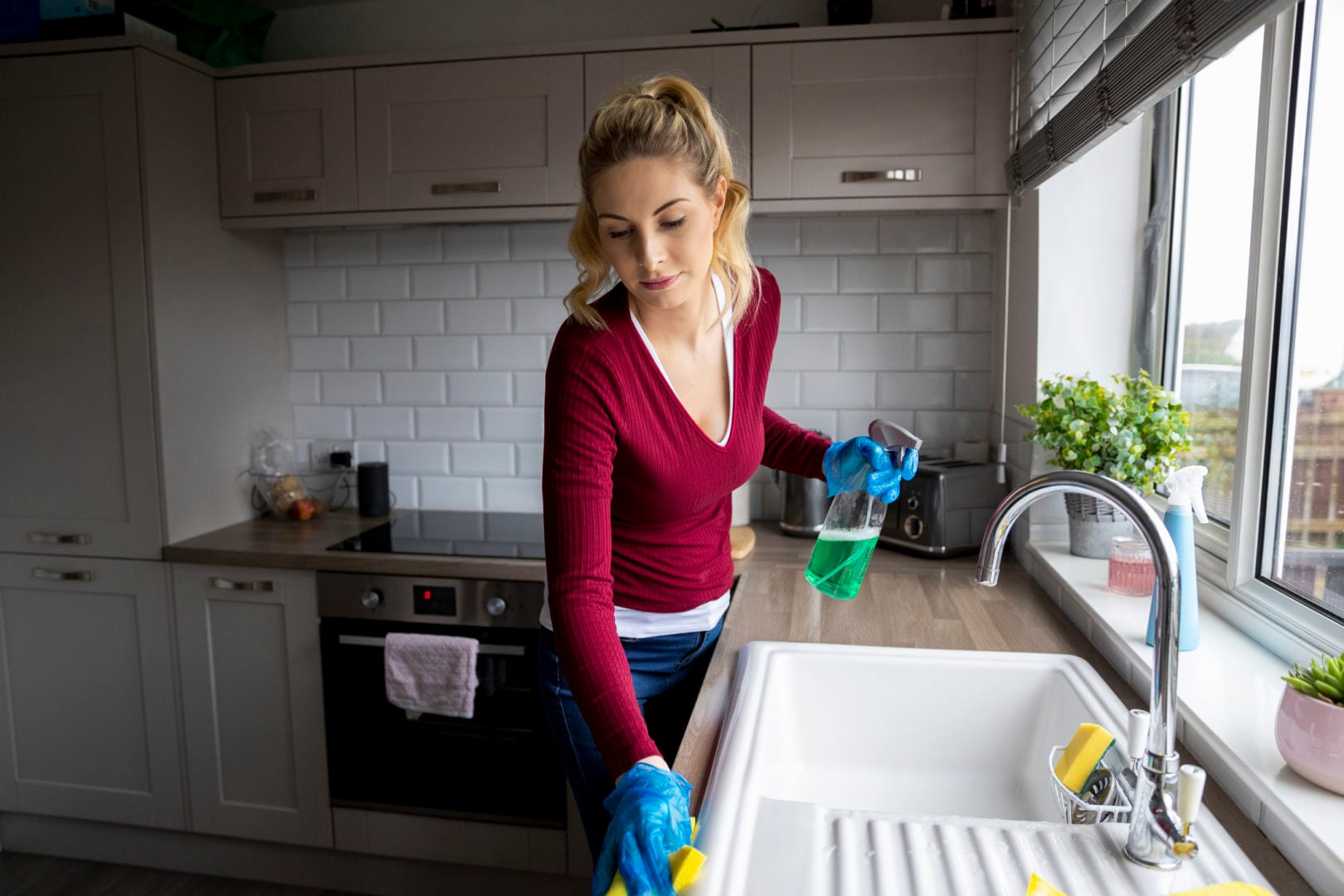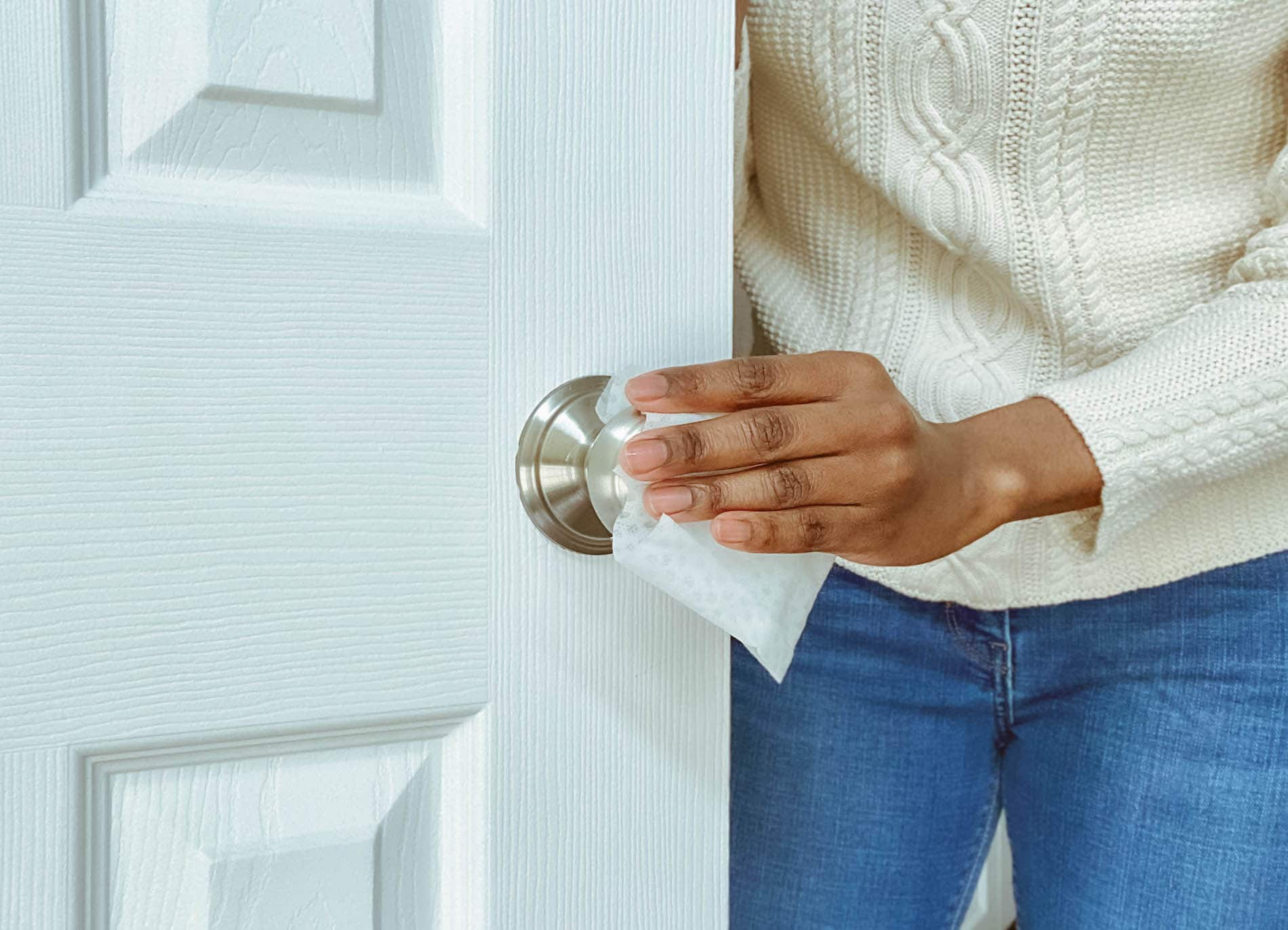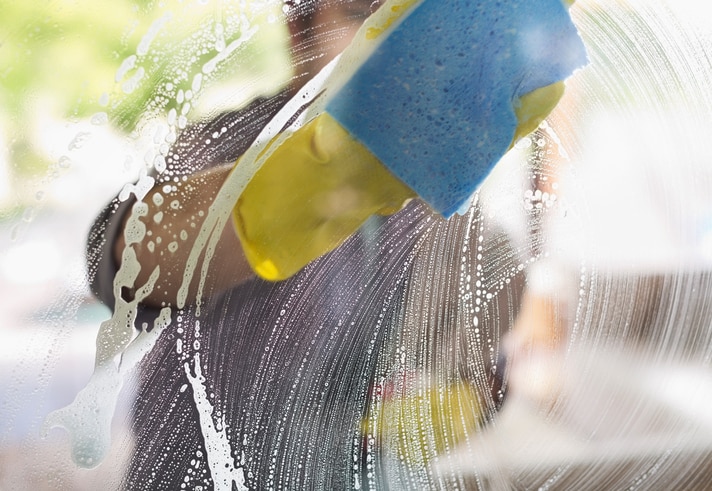After diligently searching online and getting recommendations from friends, you’ve finally found a housekeeper or house cleaner who fits all of your criteria. Now the next step is to make sure your housekeeping contract is ideal so you’re clear about all the terms of employment. But since every home is unique and every resident has different standards for how they like things tidied up, it’s reasonable to assume most house cleaning contracts will also have some customization added to them.
If you hired an agency to take care of your housekeeping needs, expect them to provide their own contract for you to review. However, if you are hiring an individual, you will need to write your own. Regardless of what hiring choice you made, there are a few housekeeping contract best practices you should keep in mind.
Key takeaways
- A detailed, customized housekeeping contract helps set clear expectations around cleaning tasks, schedule, pay and responsibilities.
- Be specific about cleaning supplies, off-limits areas, and how to handle kids, pets or last-minute requests to avoid confusion.
- If hiring independently, you may be responsible for household employment taxes and insurance coverage.
- Establish clear access and communication policies, especially if you won’t be home during cleanings.
What should my housekeeper contract include?
Detailed list of duties
Make sure you spell out every area of your home that should be cleaned, along with how often it should be cleaned. While mopping floors may be a weekly task, dusting the blinds may only need to be done on a monthly basis. This also keeps you honest because if you want your housekeeper or cleaner to clean the counters and sink in your kitchen, you need to make sure there are no dirty dishes laying around when they get to your home.
An expected schedule to follow
Spell out how often you want your housekeeper to come to your home (weekly, twice per week, monthly, twice per month) and what times of the day are ideal.
Terms of payment
This should be listed as an hourly rate, rate per room, rate by task or whatever you’ve agreed to with your housekeeper or house cleaner in order to easily calculate the total fee for each visit. You should also specify if your housekeeper will be paid by the job, weekly, biweekly, etc. and how you will pay them (cash, check, credit card, etc.).
Establish who provides the necessary supplies
Don’t just assume your housekeeper will bring over a vacuum and the necessary cleaners to get the job done to your liking. This is especially important if you or your children have allergies to certain chemicals and require specific brands of cleaners to be used in your home.
List any off-limits areas of your home
Be clear about any rooms that you don’t wish your housekeeper to enter or any items they should not touch. Your housekeeper wants to do a thorough job and needs to know if it’s okay to skip parts of your home.
A kid and pet policy
If you have pets, it’s likely best to put them in a restricted area while your housekeeper is cleaning to avoid any issues. The same goes for children. If you have little ones, it might be a good idea to take them out of the house, or at least out of the way, for a bit so that the housekeeper can do their job without distractions.
How to handle last-minute requests
If any services are not listed in your contract that you happen to want your housekeeper or house cleaner to address, explain how much notice you will give them to add it to their list of tasks and how much extra you’re willing to pay for it.
Terms for ending the relationship
Tell your housekeeper how much notice you’ll give them if you no longer wish to use their services. Also be specific on whether this can be done in writing or verbally over the phone.
What other factors should I consider before a new housekeeper begins working in my home?
Insurance coverage
If you are hiring someone privately to work in your home on a regular basis, make sure your homeowner’s or renter’s insurance policy covers any accidents or injuries that might occur while your housekeeper or cleaner is on the job. If you’ve hired someone through a company, it’s up to them to cover their own employees.
Household employment taxes
You don’t have to worry about paying taxes for housekeepers who work for a housekeeping company or maid service. Likewise, if your housekeeper works for many other families, provides their own equipment and shows up to your home based on what is free in their schedule, they are most likely a self-employed contractor and will handle their own taxes.
However, if your housekeeper is expected to be at your home several times per week for good chunks of the day, follow a set schedule you’ve outlined and uses supplies you provide, they’re probably considered your household employee. The IRS Publication 926 lists a set of tax and payroll rules for families hiring household employees that make at least $2,800 in wages during a calendar year. If you don’t follow the tax laws, you could be charged back taxes and penalties. Care.com HomePay is a service families can use to manage all of these tasks for them.
Access to your house
You may not always be home when you want your housekeeper or cleaner to come by — or even wish to be there at all while they’re working. If you’re not home, you need to have a key or access code policy so your housekeeper or cleaner knows the safest procedure to enter and exit your house. If you hire through an agency, be aware that many charge an extra fee if they’re locked out.
Communication policy
Once the terms of your housekeeping agreement have been established, discuss how you will stay in touch with your housekeeper, especially if you plan to be out while they’re working. Will you leave each other notes? Is texting preferable over a phone call? Consistent communication will help ensure that you are both satisfied with the arrangement.





